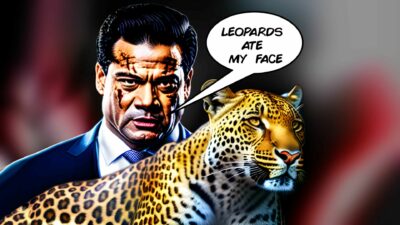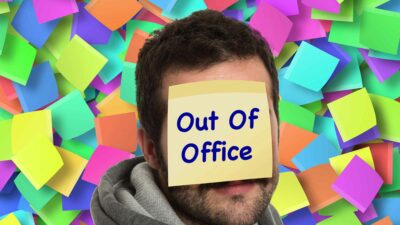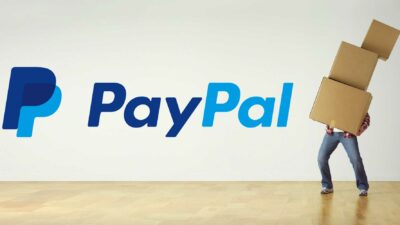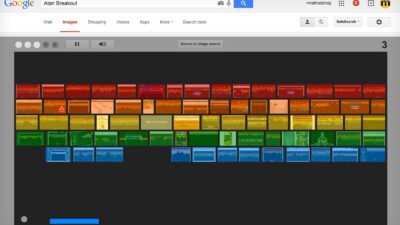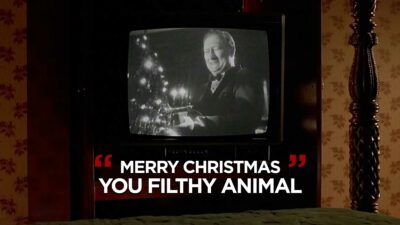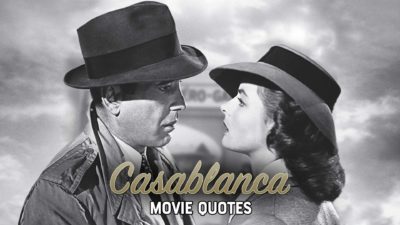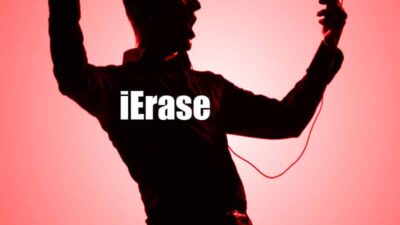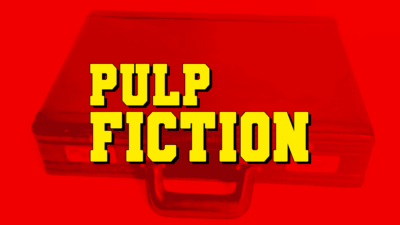Amazon is turning up the heat on Apple and using Apple’s former ally, Pepsi, against them. This coming Super Bowl Sunday, Grammy-winning singer Justin Timberlake will appear in an ad for Pepsi. The commercial kicks off a yearlong $1 billion Pepsi giveaway of music, videos, consumer electronics, and other items sold on Amazon.
Table of Contents[Hide][Show]
What Happened To The Pepsi & Apple Partnership?
Just four years ago, PepsiCo and Apple teamed up for a similar promotion. Pepsi gave away 100 million free iTunes song downloads under their bottle caps. This campaign also kicked off with a Super Bowl commercial. To help promote legal music downloads, the ad featured Green Day’s version of the song “I Fought the Law.”
Opportunities For Amazon
For Amazon.com Inc., the arrangement could mean even more.
In September 2007, Amazon launched a digital music store and committed to sell only MP3-format tunes, which can be copied to multiple computers, burned onto an unlimited number of CDs and played on most portable devices, including Apple’s iPod and Microsoft Corp.’s Zune.
Thousands of independent music labels signed deals with Amazon, but EMI Music Group PLC, which already offered songs without digital rights management coding on iTunes, was the only major label to agree to DRM-free sales on Amazon.
But as a rise in sales of digital tracks in 2007 failed to offset the overall decline in album sales, the three big labels have rapidly begun retooling their digital strategies. When Vivendi SA’s Universal Music Group, Warner Music Group and Sony BMG signed on to sell DRM-free songs, they chose to do so on Amazon and not iTunes, where more than 70 percent of digital music is sold.
“The record labels are quite annoyed with Apple for the situation – CD sales are declining, and digital sales are not making up for it,” said Philip Leigh, a senior analyst with the research group Inside Digital Media.
Leigh said the record companies want more flexibility in the way digital music prices are set. Amazon allows some flexibility, but Apple’s 99-cents-a-song pricing still dominates the market. By working with Amazon, the labels are fostering competition and potentially gaining more control over how much a song is worth.
While the companies would not disclose financial terms of the deal, teaming up with Pepsi has the potential to transform Amazon from a niche seller to a major player. Leigh said music consumers who may not think about copy protection today will quickly embrace DRM-free music as they buy new computers and devices and face the hassle of moving libraries full of DRM-protected songs.
“The mass market consumer doesn’t want these complications,” he said.
Danny Socolof, president of Mega Inc., the Las Vegas marketing firm behind “Pepsi Stuff,” said Amazon’s decision to sell MP3s meshed nicely with one of Pepsi’s brand values: choice.
“As we looked at the landscape of the music business, we realized, many other people realized that trying to lock up music with various different digital rights management schemes was failing miserably,” he said, confusing consumers or driving them to music piracy.
The major music labels that will participate – EMI, Warner and Sony BMG, but not Universal – responded to the deal because Pepsi and Amazon could bring millions of new digital music shoppers online, he said.

Frank Wilson is a retired teacher with over 30 years of combined experience in the education, small business technology, and real estate business. He now blogs as a hobby and spends most days tinkering with old computers. Wilson is passionate about tech, enjoys fishing, and loves drinking beer.









